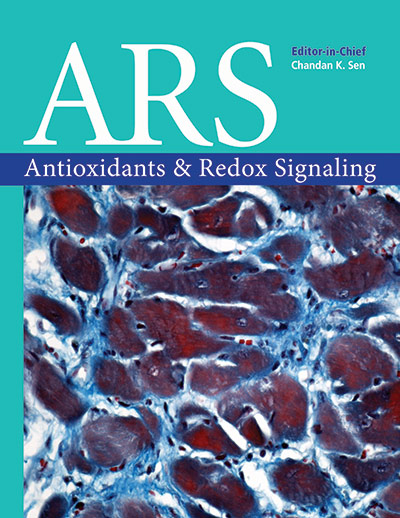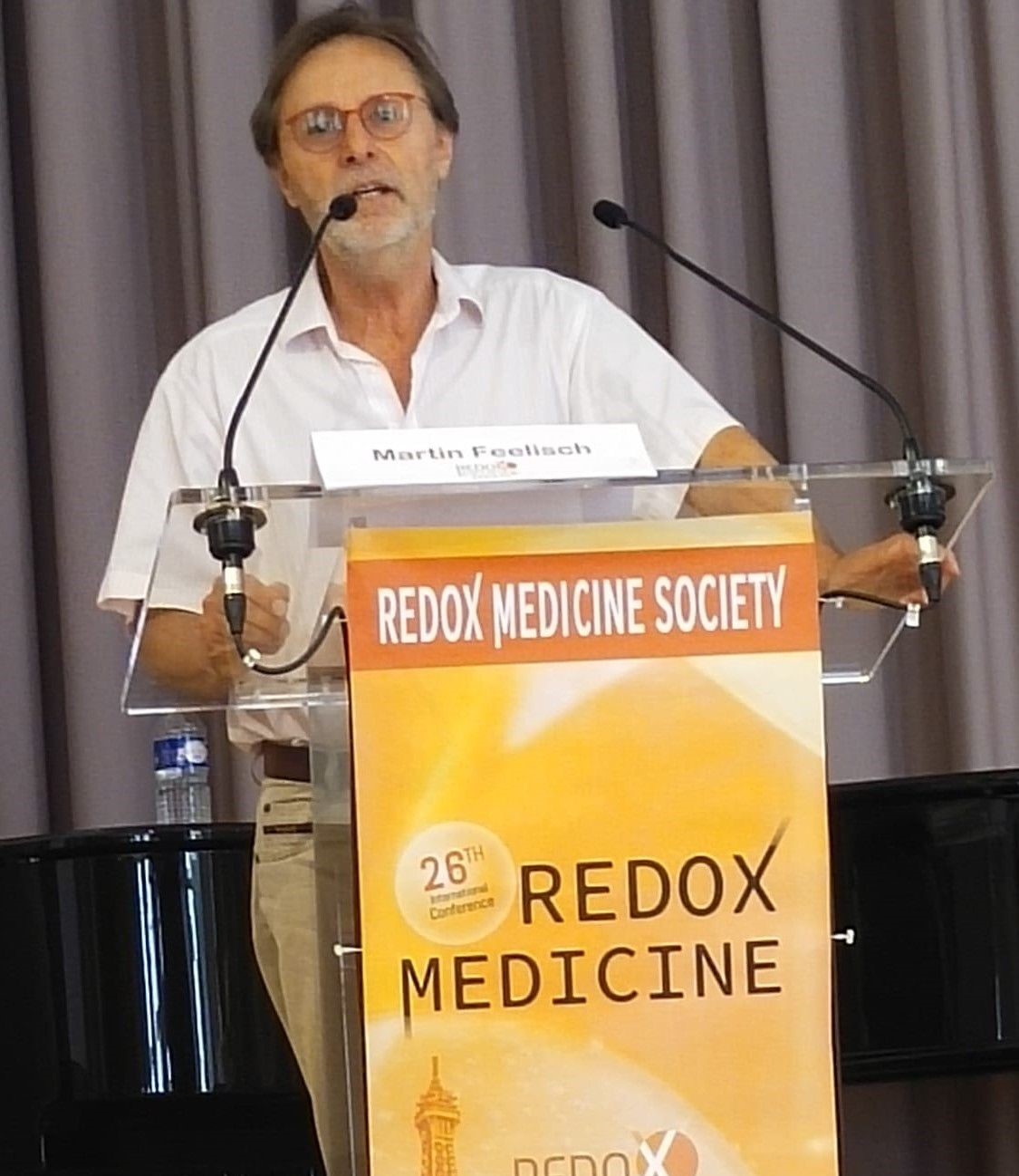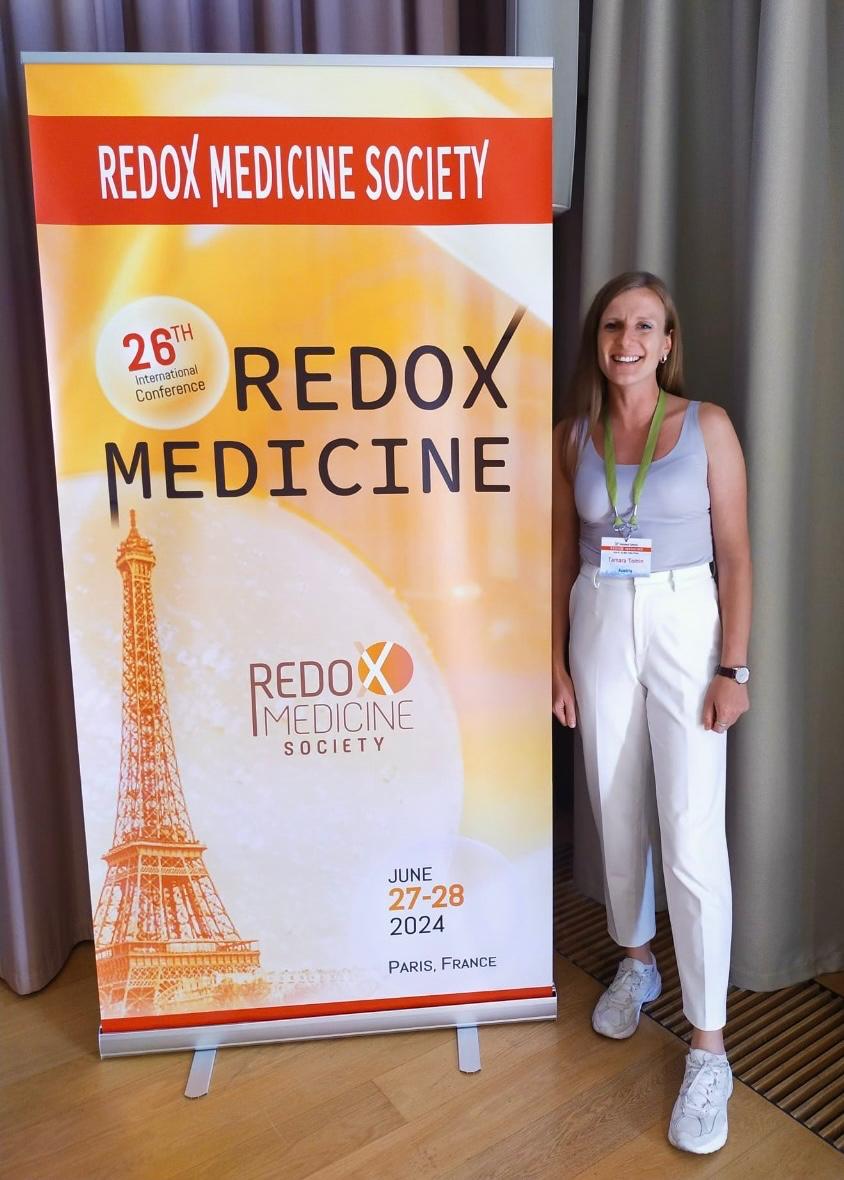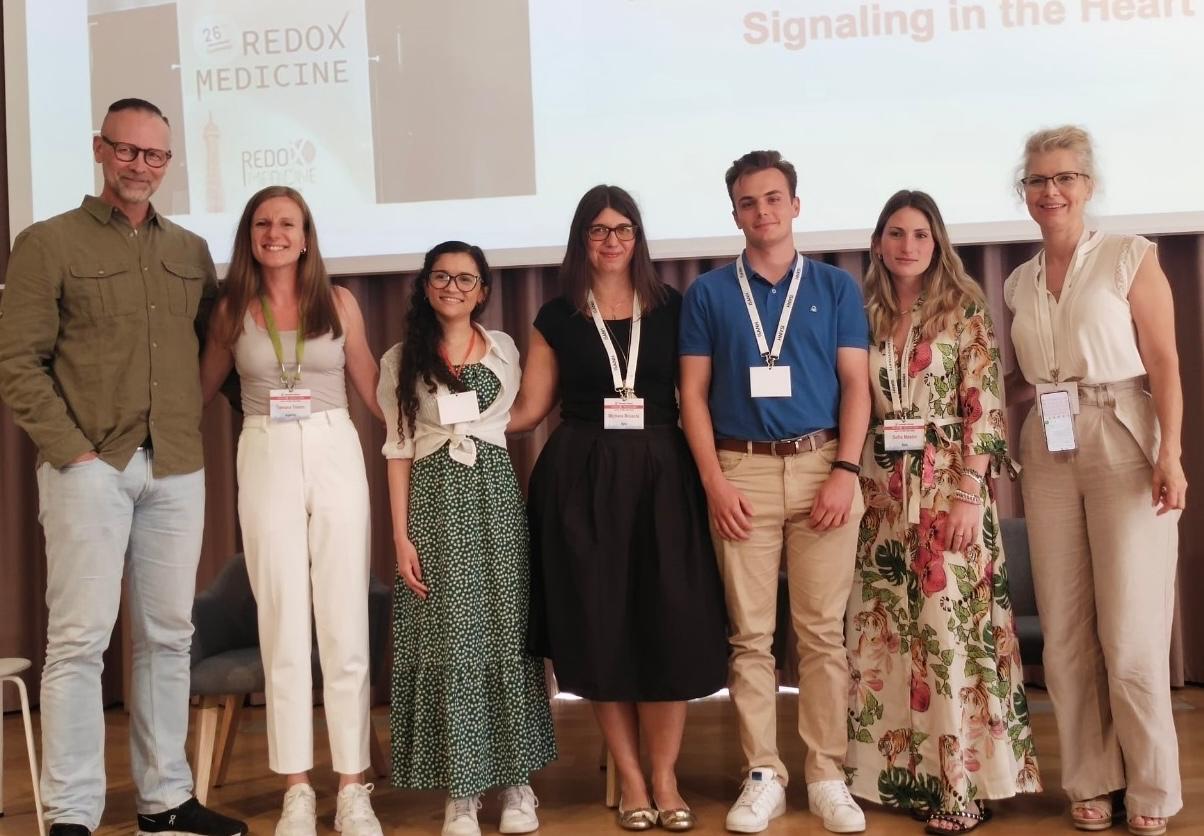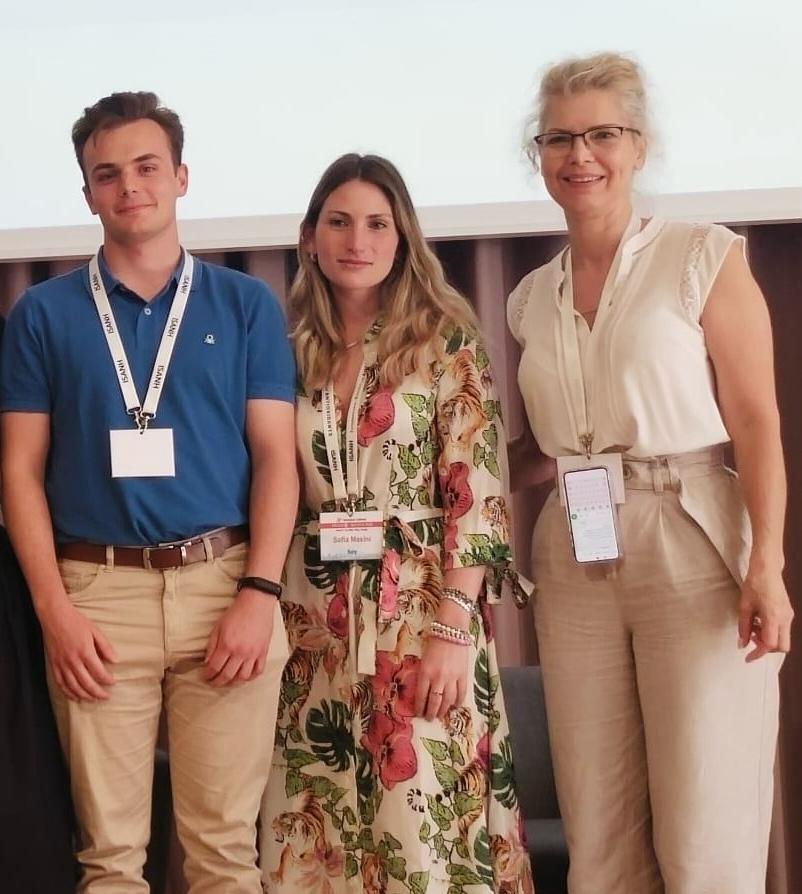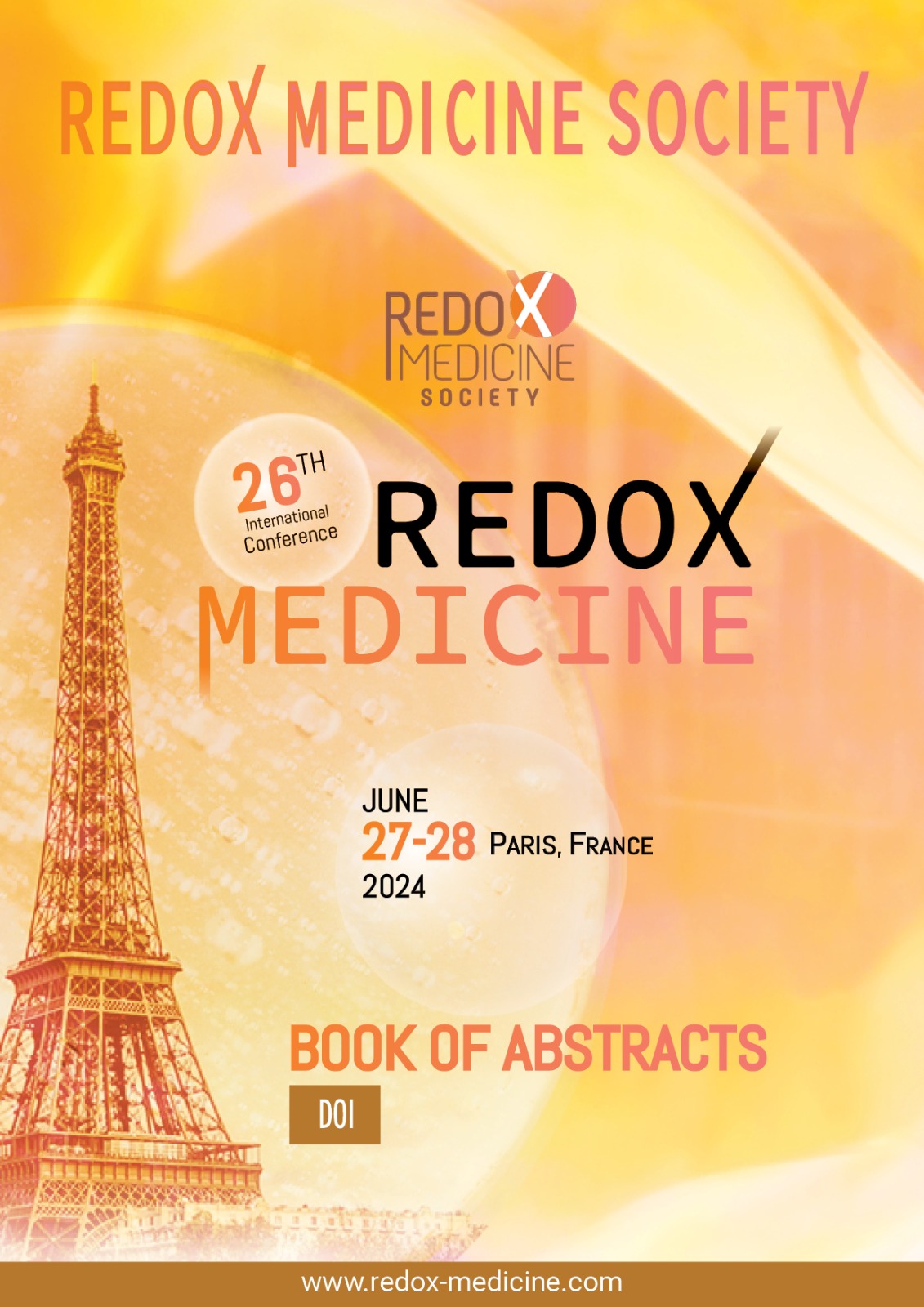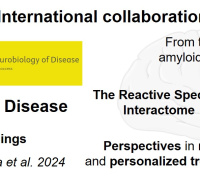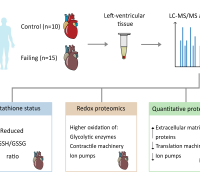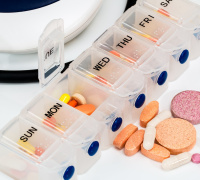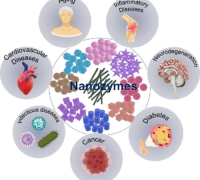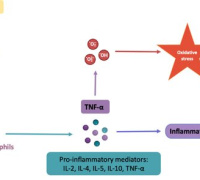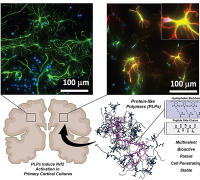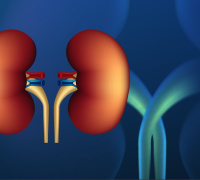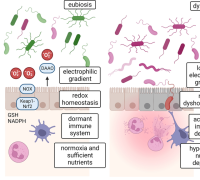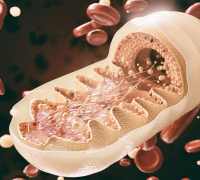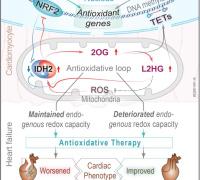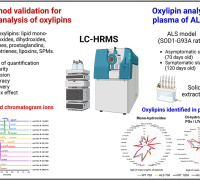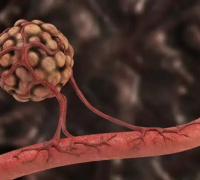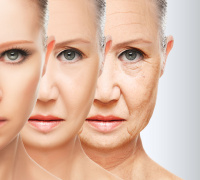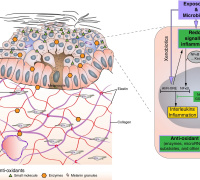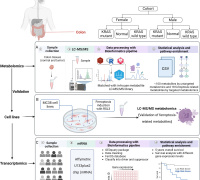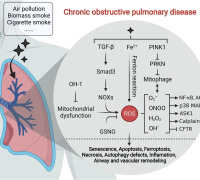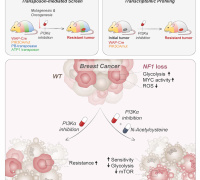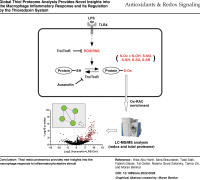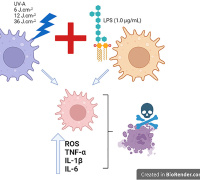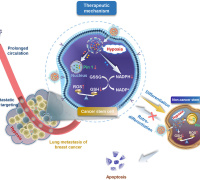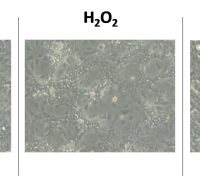Specific Antioxidants May Reduce Oncogenic HPV Infection in Women
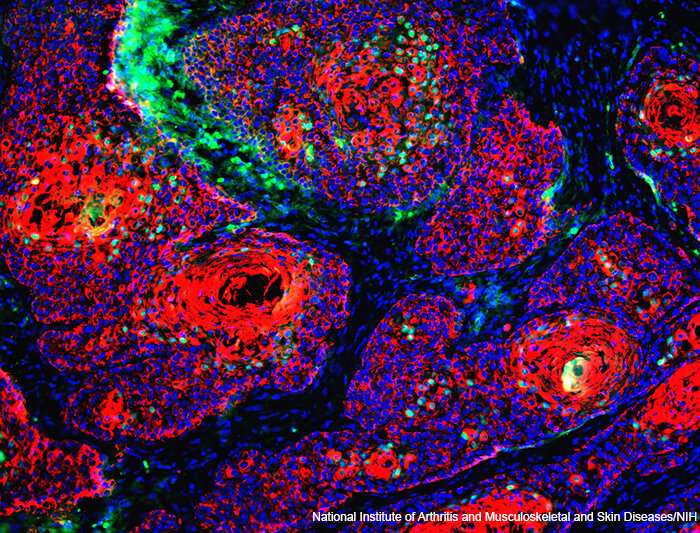
A study led by Hui-Yi Lin, Ph.D., Professor of Biostatistics, and a team of researchers at LSU Health New Orleans Schools of Public Health and Medicine has found that adequate levels of five antioxidants may reduce infection with the strains of the human papillomavirus (HPV) associated with cervical cancer development.
Although previous studies have suggested that the onset of HPV-related cancer development may be activated by oxidative stress, the association had not been clearly understood. This study evaluated associations between 15 antioxidants and vaginal HPV infection status—no, low-risk, and oncogenic/high-risk HPV (HR-HPV)—in 11,070 women aged 18-59 who participated in the 2003-2016 National Health and Nutrition Examination Survey.
Study results showed that lower levels of serum albumin and four dietary antioxidants—vitamins A, B2, E, and folate—were associated with a higher risk of HR-HPV infection. Albumin is the most bountiful circulating protein in plasma, and decreased serum albumin was found to be associated with increased systemic inflammation and impaired immune response. Based on the four dietary antioxidants, the researchers developed a nutritional antioxidant score.
Human Papillomavirus is a well-known risk factor for cervical cancer, which is the fourth most common female cancer and contributed to 7.5% of cancer deaths for women worldwide in 2018.
"It is important to identify modifiable factors, such as antioxidants, associated with oncogenic HPV infection in order to prevent HPV carcinogenesis onset."
We will elaborate on the role of antioxidants in cancer in our 24th Congress on Redox Science held on June 22-24,2022 in Paris.
24th Annual ISANH Meeting
Paris Redox 2022 Congress
June 22-24, 2022 - Paris, France
www.isanh.net





